Supernatural Spotlight – Episode 6.18 “Frontierland”
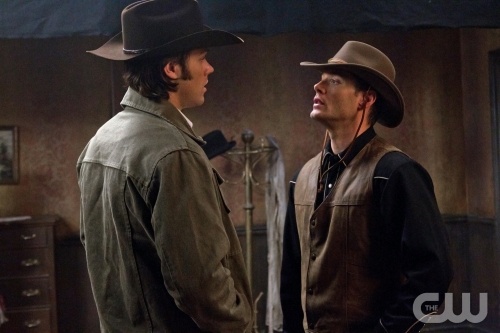
The episode starts out on Sunrise, Wyoming, March 5, 1861, with a high-noon shootout duel on the street … and one of the participants is Dean Winchester. Right as they draw, the episode cuts to a revamped old-west-themed title sequence.
The next scene takes place 48 hours earlier (or 150 years later, depending on how you look at it), and the boys and Billy are cracking into the Campbell family’s hidden stash of demon-hunting lore, which is now free for the taking since Samuel died a couple of episodes back. It’s an extensive collection and they’re looking for “anything that’ll put a run in the octomom’s stocking,” meaning Eve, the mother of all monsters.
Billy finds something indicating that “the ashes of a phoenix can burn the mother,” but they don’t know anything about a phoenix … except that, according to Samuel Colt’s journal (also part of the collection), the gun maker and demon hunter had killed one on March 5, 1861, and it left behind a pile of smoldering ashes.
The search for a Delorian is on.
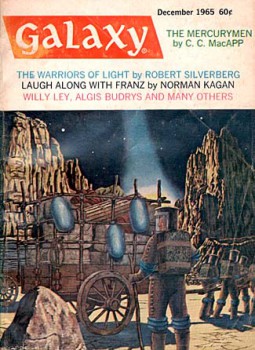
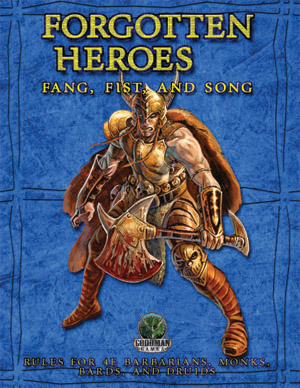 With the release of Dungeons and Dragons 4th edition, there came the opportunity for independent game companies to introduce whole new lines of products that focused on expanding the gaps left in the core materials presented by Wizards of the Coast. In this review from
With the release of Dungeons and Dragons 4th edition, there came the opportunity for independent game companies to introduce whole new lines of products that focused on expanding the gaps left in the core materials presented by Wizards of the Coast. In this review from 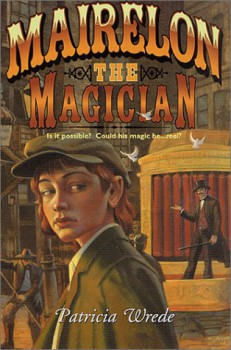
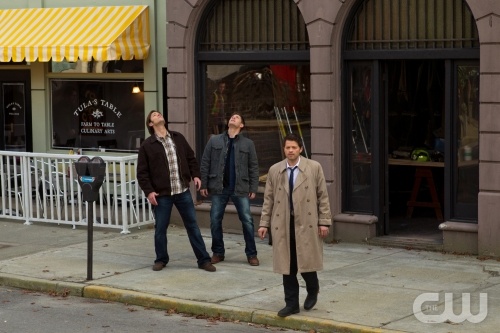
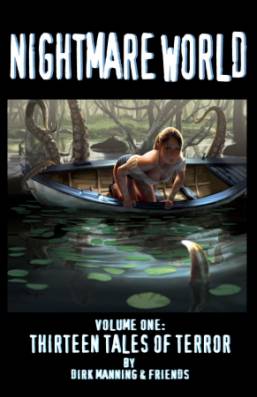
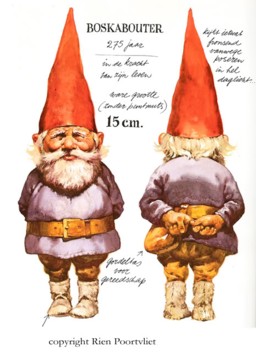 This morning on my walk to work, I spotted a man crossing a lawn. His arms were very full. Of garden gnomes.
This morning on my walk to work, I spotted a man crossing a lawn. His arms were very full. Of garden gnomes.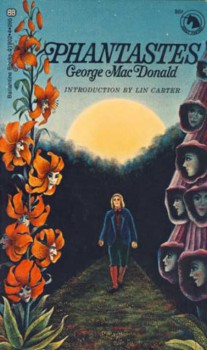 Warning: Some spoilers ahead
Warning: Some spoilers ahead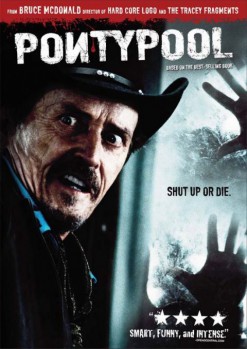
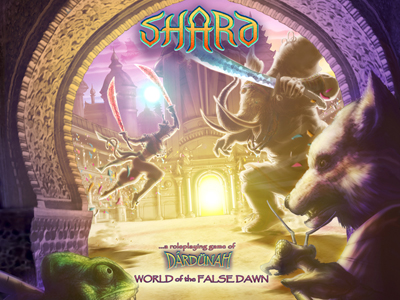 I first discovered the Shard RPG at
I first discovered the Shard RPG at